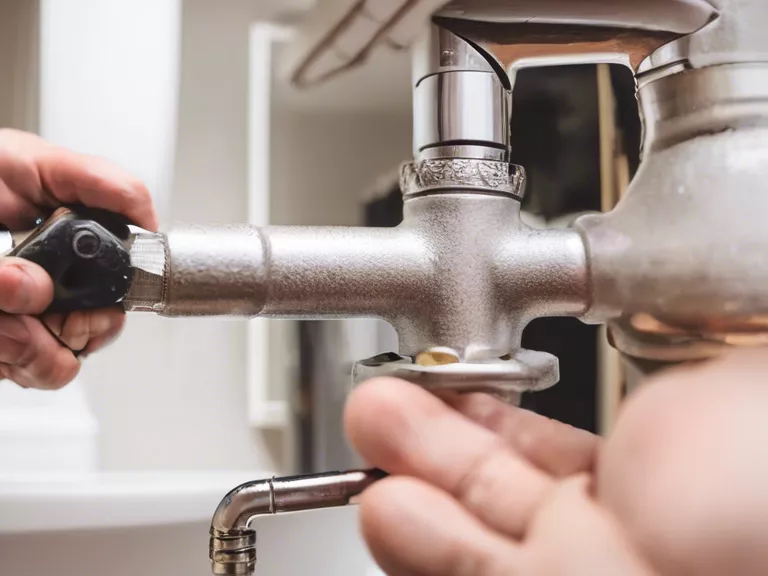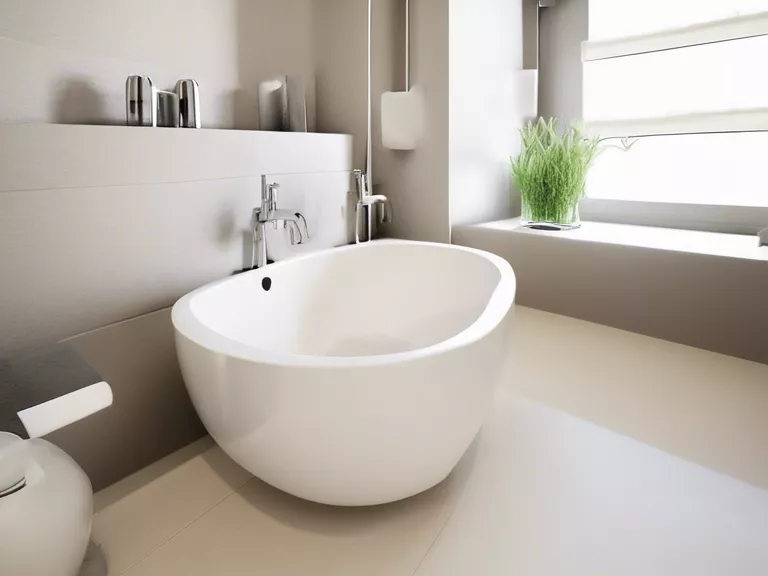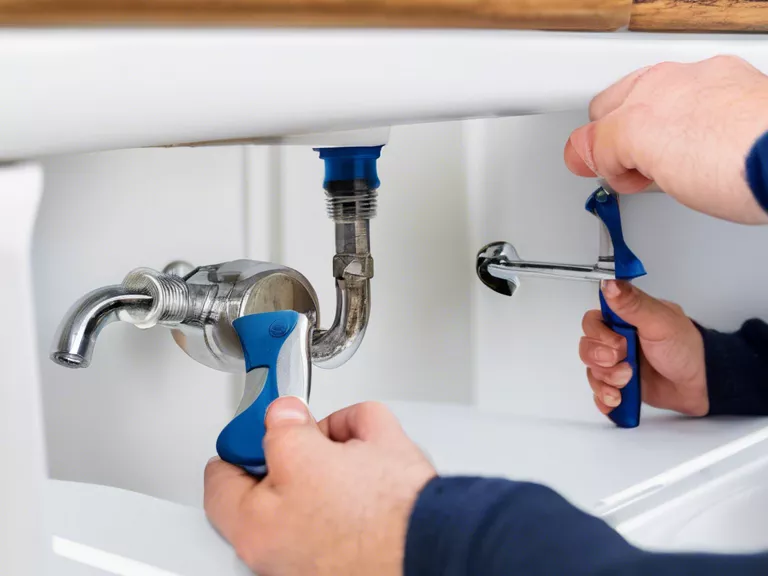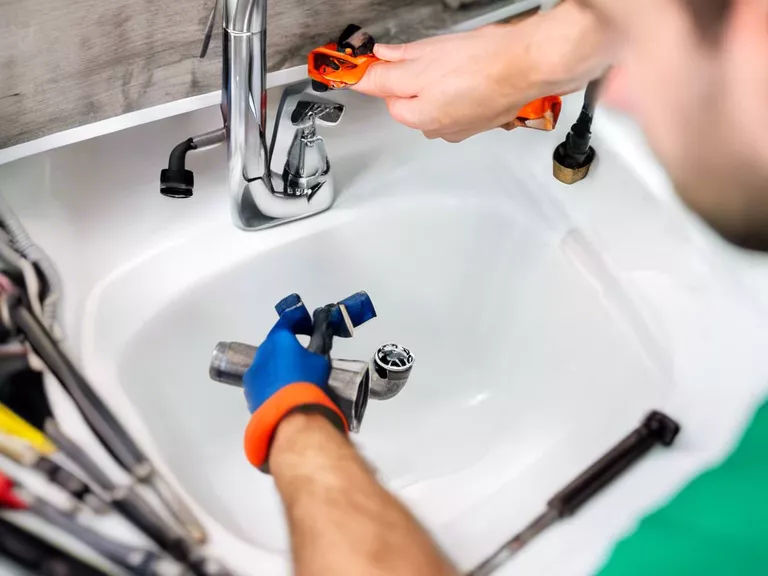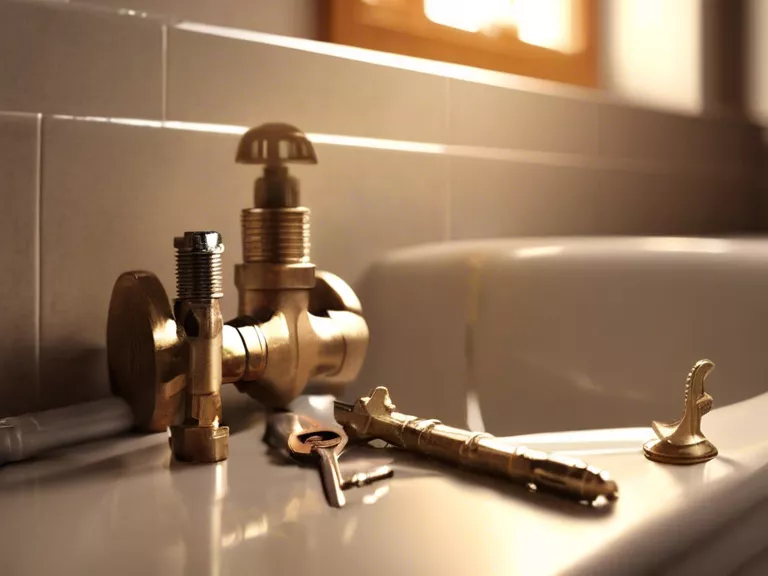
Introduction
Plumbing issues are a common occurrence in every property, whether it's a home, office, or commercial building. From leaky faucets to clogged drains, a plumbing problem can disrupt daily routines and cause inconvenience. However, with the right knowledge and solutions, you can effectively address these issues and maintain a well-functioning plumbing system. In this article, we will unlock some plumbing secrets and provide top solutions for every property.
Identifying Common Plumbing Problems
The first step in solving any plumbing issue is to identify the problem accurately. Here are some common plumbing problems you may encounter:
Leaky Faucets
Leaky faucets are not only annoying but can also lead to wastage of water and increased water bills. The most common cause of a leaky faucet is a worn-out washer or seal. Replacing the washer or seal can often resolve the issue.
Clogged Drains
Clogged drains can occur in sinks, showers, or toilets due to a buildup of hair, soap scum, grease, or foreign objects. Using a plunger or a drain snake can help clear minor clogs. For stubborn clogs, you may need to use a chemical drain cleaner or seek professional help.
Running Toilets
A running toilet can waste a significant amount of water and increase your water bill. The issue is often caused by a faulty flapper or fill valve. Adjusting or replacing these components can fix the problem.
DIY Plumbing Solutions
While some plumbing issues require professional intervention, there are several DIY solutions you can try for minor problems:
Fixing a Leaky Pipe
If you have a leaking pipe, you can temporarily stop the leak by using a pipe clamp or epoxy putty. However, it is essential to seek professional help to fix the pipe permanently.
Unclogging a Toilet
For a clogged toilet, a plunger is your best friend. Make sure to use a flange plunger for toilets and a cup plunger for sinks and showers. If the clog persists, you may need to use a plumbing auger.
Maintaining Water Pressure
Low water pressure can be caused by mineral buildup in the faucet aerator or showerhead. Soaking the aerator in vinegar or replacing it can help restore water pressure.
Preventive Maintenance Tips
Preventive maintenance is key to avoiding major plumbing issues in the future. Here are some tips to keep your plumbing system in top condition:
Regular Inspections
Inspect your plumbing fixtures and pipelines regularly for leaks, corrosion, or signs of damage. Addressing minor issues promptly can prevent them from escalating into significant problems.
Drain Maintenance
Avoid dumping grease, food scraps, or hair down the drains to prevent clogs. Use drain strainers to catch debris and clean them regularly.
Water Heater Maintenance
Flush your water heater periodically to remove sediment buildup and ensure efficient operation. Check for leaks or unusual noises that may indicate a problem.
Conclusion
By understanding common plumbing problems, implementing DIY solutions, and following preventive maintenance tips, you can keep your property's plumbing system in optimal condition. Remember that some issues may require professional expertise, so don't hesitate to seek help when needed. With the right knowledge and proactive approach, you can unlock the secrets to maintaining a healthy plumbing system for your property.
